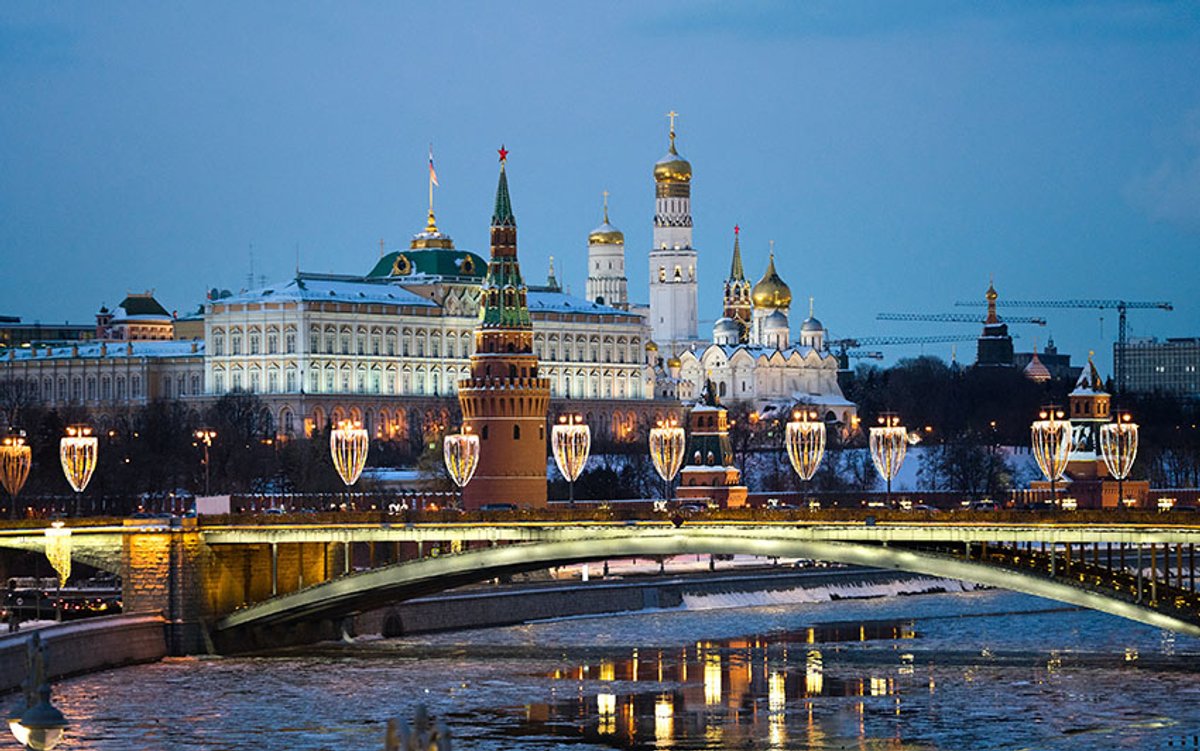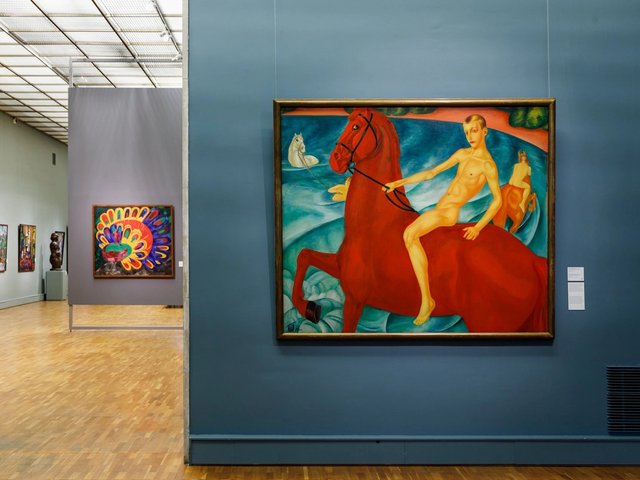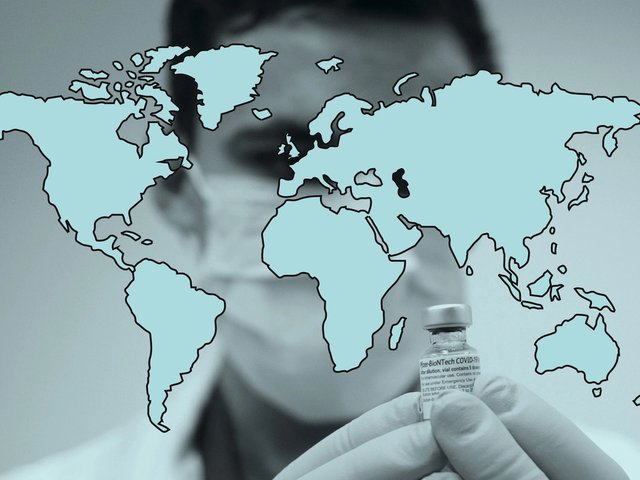With Russia’s Covid-19 numbers skyrocketing and only a third of Russia’s population fully vaccinated according to official statistics, President Vladimir Putin has decreed a week of “non-working days”, a euphemism for a modified lockdown. Restrictions during the first and second waves closed museums completely, but this time another tactic is being attempted, leaving significant leeway for regional officials to modify regulations based on their local Covid conditions. Regions across Russia are requiring QR-code or paper proof of vaccination or recent recovery from Covid for museum visits, some as of 22 October.
Putin declared the “non-working days” for 30 October-7 November, coinciding with the National Unity Day holiday on 4 November, as the number of new daily cases continue to spike over 34,000 and deaths amount to over 1,000 a day. On 22 October, the numbers hit their maximum since the start of the pandemic: 37,141 new cases and 1,064 deaths. Dissident statisticians have cast doubt on the official numbers, however, claiming the true numbers are drastically underreported and excess deaths are now comparable to wartime levels.
In Moscow, Mayor Sergei Sobyanin issued a decree shutting down all but essential services during the non-working days. Restaurants will be open only for takeout and delivery while museums and theatres will be open at limited 50% capacity with a QR-code requirement, along with mandatory masks and social distancing. After the “non-working days”, capacity will be raised to 70%. The city is also requiring unvaccinated people over 60 and the chronically ill to stay at home from 25 October to 25 February.
Major museums had introduced online sales of timed tickets after the first lockdown, although that requirement had become laxer in some cases. On Friday, Garage Museum of Contemporary Art was recommending but not requiring advance purchase. The site of the Pushkin State Museum of Fine Arts stated that tickets can only be bought online. Mikhail Piotrovsky, the director of the State Hermitage Museum, has said that timed tickets will be a permanent fixture of museum life.
Information on the Moscow government’s site indicates that non-museum exhibition halls will be shut along with libraries and other cultural venues during the non-working days. As a result, the sixth iteration of Prada Mode, a roving members club providing arts programming, which was due to launch on 12 and 13 November, has been postponed, the fashion house Prada announced on 20 October. The event was due to feature Damien Hirst’s Pharmacy installation at the pre-revolutionary Levenson Mansion, designed by Fyodor Shekhtel.




